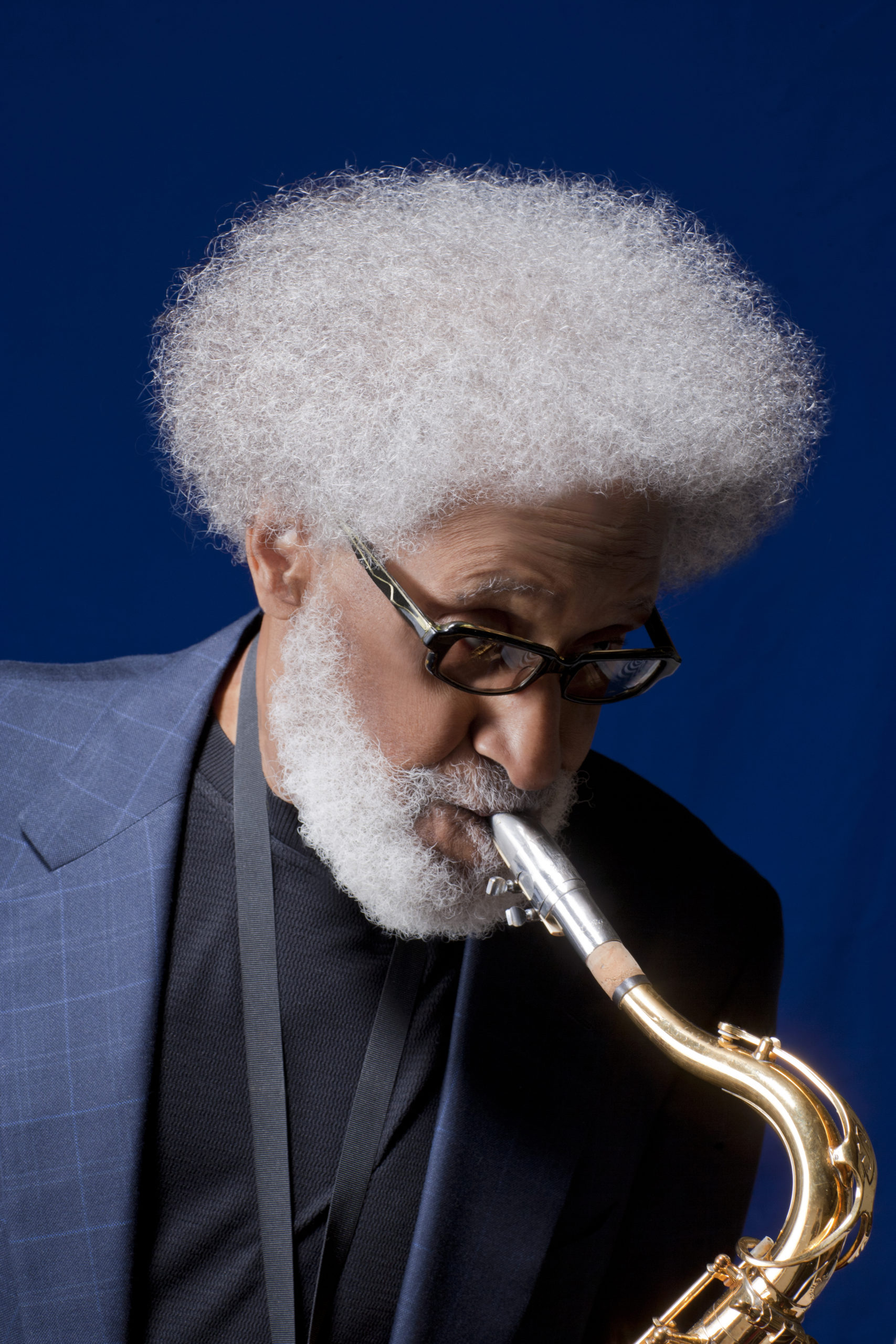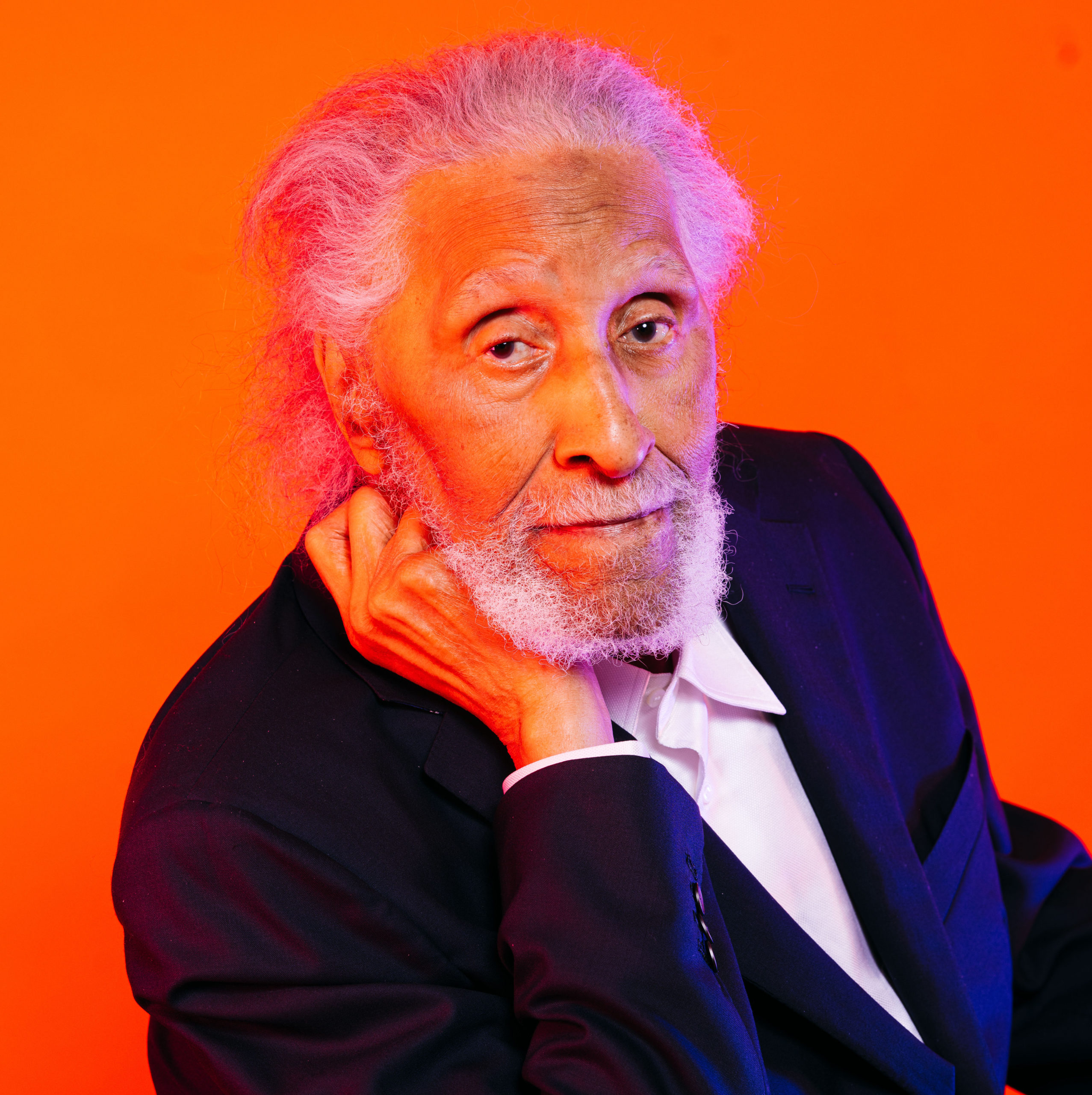Biography
Sonny Rollins is one of the greatest jazz saxophonists of all time. An inventive soloist, he is known as the greatest living improviser and has influenced generations of musicians.
Born in Harlem to parents who emigrated from the Virgin Islands, he grew up during the emerging bebop revolution and took up the tenor saxophone at age 15. In high school, Rollins and other musicians from his Sugar Hill neighborhood formed a band, which included alto player Jackie McLean, who served on the University of Hartford faculty for 36 years.
By age 19, Rollins had gained such a reputation that he was already recording with pianist Bud Powell and trombonist J. J. Johnson. Rollins frequently performed in New York clubs with Miles Davis and Thelonious Monk ...
Sonny Rollins is one of the greatest jazz saxophonists of all time. An inventive soloist, he is known as the greatest living improviser and has influenced generations of musicians.
Born in Harlem to parents who emigrated from the Virgin Islands, he grew up during the emerging bebop revolution and took up the tenor saxophone at age 15. In high school, Rollins and other musicians from his Sugar Hill neighborhood formed a band, which included alto player Jackie McLean, who served on the University of Hartford faculty for 36 years.
By age 19, Rollins had gained such a reputation that he was already recording with pianist Bud Powell and trombonist J. J. Johnson. Rollins frequently performed in New York clubs with Miles Davis and Thelonious Monk and recorded with bop musicians, including Charlie Parker and Art Blakey. In 1955, he joined an ensemble with Max Roach and Clifford Brown and then formed the first piano-less trio, playing with bass and drums. He also recorded pivotal albums, among them “Saxophone Colossus,” “Tenor Madness,” “Way Out West,” and “Freedom Suite,” as he rose to superstardom. Along the way, he earned the nickname “Newk” due to his resemblance to Dodgers pitcher Don Newcombe.
Rollins took a sabbatical from performing in 1959. During that time he practiced his saxophone alone on the Williamsburg Bridge, honing his skills and searching for more meaningful expression. When he returned from his break in late 1961, he recorded the groundbreaking “The Bridge” with Jim Hall and began to adapt to new developments in jazz while performing his trademark calypsos and standards as well as writing the soundtrack for the popular movie “Alfie.” In the late 1960s, he sought a more spiritual path and took more time off to study Zen Buddhism in Japan and yoga in India. Upon his return, he explored funk and R&B and plumbed the depths of his wide repertoire with completely improvised solo performances that thrill audiences worldwide.

